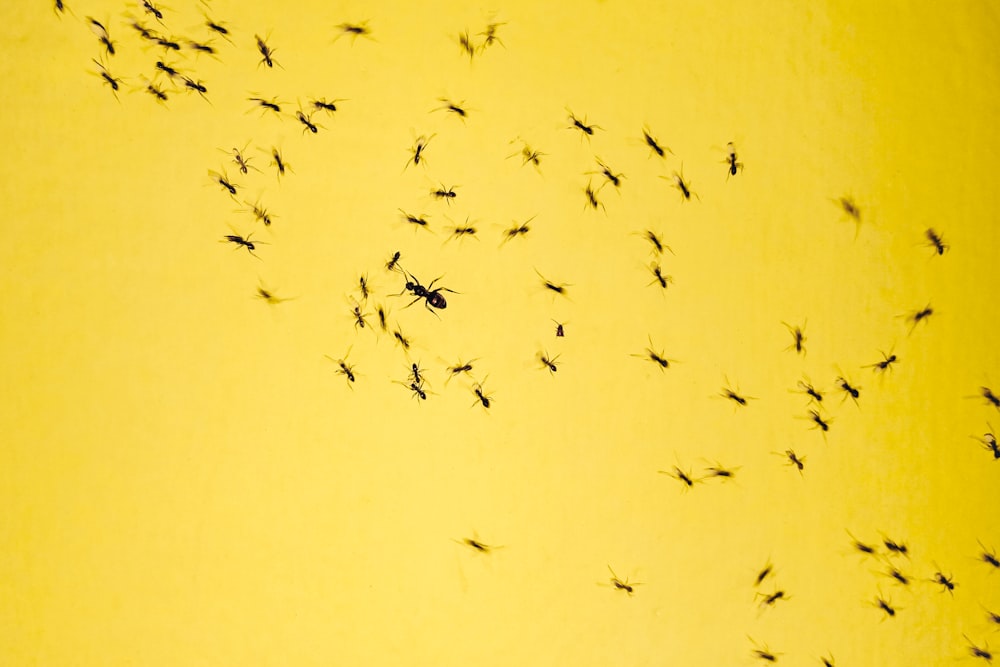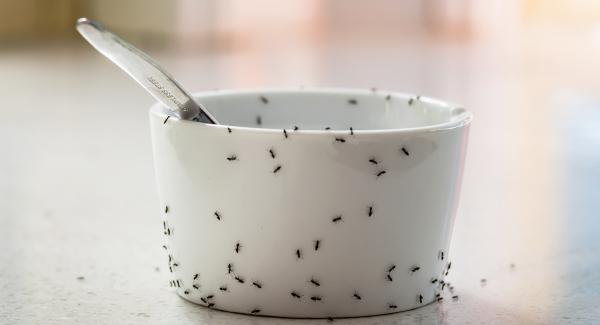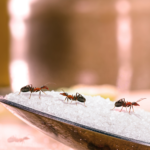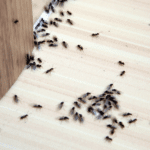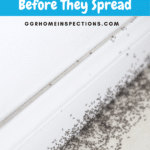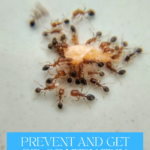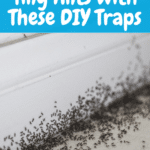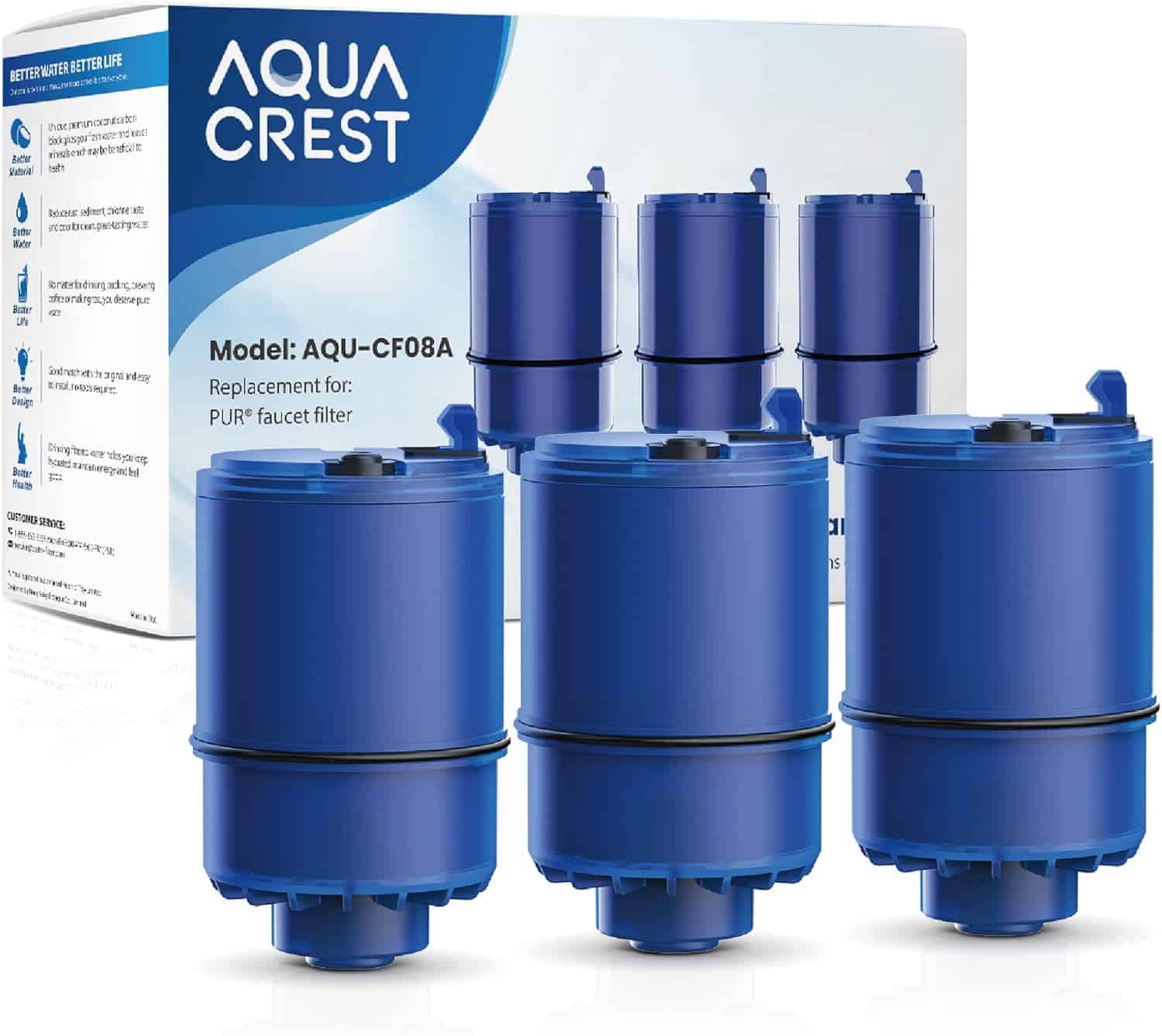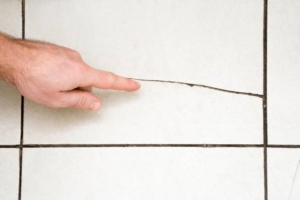How to Get Rid of Very Tiny Ants Around Your Kitchen Sink
Are you struggling with the annoyance of very tiny ants invading your kitchen sink? You’re not alone. These pesky pests can quickly become a nuisance, as they march in a never-ending trail, seeking out any crumbs or spills. But fear not! In this blog post, we will delve into effective strategies to rid your kitchen of these minuscule intruders. From understanding their behavior to implementing targeted solutions, we’ve got you covered. Say goodbye to those unwanted visitors and regain control of your kitchen. Let’s dive in and reclaim your ant-free space!
Understanding Very Tiny Ants
Ants are fascinating creatures that exhibit a remarkable level of social organization and cooperation.
Characteristics of Very Tiny Ants
Very tiny ants, as the name suggests, are exceptionally small in size. They often measure just a few millimeters long, making them almost microscopic in appearance. Despite their minuscule stature, these ants can quickly become a nuisance when they infiltrate our kitchen spaces.
One notable characteristic of very tiny ants is their incredible agility and speed. They can traverse surfaces with swift movements, almost seeming to appear and disappear in the blink of an eye. This agile behavior allows them to navigate through tiny cracks and crevices, gaining access to our kitchens and pantries.
Common Species of Very Tiny Ants
Several species of very tiny ants are frequently encountered in domestic settings:
- Pharaoh Ants: Pharaoh ants are notorious for their small size and ability to establish large colonies quickly. These ants are light yellow to reddish-brown in color and are often found near moisture sources, such as sinks and pipes.
- Ghost Ants: Ghost ants get their name from their translucent appearance, making them difficult to spot with the naked eye. These tiny ants are often found in kitchens, attracted to sugary foods and liquids.
- Odorous House Ants: Odorous house ants emit a distinctive smell when crushed, often described as a rotten coconut or blue cheese odor. They are dark brown to black in color and can form extensive networks of nests around kitchen sinks and countertops.
- Thief Ants: Thief ants are among the tiniest ant species, making them particularly challenging to identify. They are pale yellowish-brown to light brown and often nest near other ant colonies, capitalizing on their resources.
Remember, its important to correctly identify the ant species before implementing any control measures, as different species may require different approaches for effective management. Seek an evaluation from a licensed pest technician to help you out.
Reasons for Very Tiny Ants in the Kitchen
Ants are a common household pest, and finding them in your kitchen can be frustrating. These tiny intruders seem to appear out of nowhere, scurrying around your countertops and sink. But what exactly draws them to this particular area of your home?
Attracted to Food and Water Sources
One of the primary reasons ants invade your kitchen is the abundance of food and water sources that can be found in this area. These tiny creatures have a remarkable ability to sniff out even the tiniest crumbs or spills. Your kitchen provides them with an inviting buffet of goodies, from leftover food particles to open pantry items.
To prevent ants from being attracted to your kitchen, it’s essential to maintain a clean and tidy space. Wipe down countertops and sweep regularly to eliminate any food debris. Seal food items tightly and store them in airtight containers. Fix any leaking faucets or pipes to remove potential water sources that may attract these persistent pests.
Attracted to Sugary Substances
Ants have a notorious sweet tooth, and sugary substances are like magnets for them. From spilled soda to sticky fruit juice, even the smallest residues can attract a colony of tiny ants. They can follow the trail leading to the sugary substance, and it won’t take them long to gather in large numbers.
To deter ants from being enticed by sugary substances, promptly clean up any spills or sticky messes. Be diligent about wiping down surfaces and using natural ant deterrents such as vinegar or lemon juice, as these scents can help repel ants.
Seeking Shelter and Nesting Sites
Apart from searching for food and water, ants may also invade your kitchen in search of shelter and suitable nesting sites. These tiny insects can find numerous hiding places in cabinets, behind appliances, or even within walls. Once they establish a nest in your kitchen, they will continue to forage for food, making the infestation even more challenging to eradicate.
To deter ants from seeking shelter in your kitchen, it’s important to eliminate potential entry points. Seal cracks and crevices with caulking or weatherstripping. Keep vegetation and tree branches away from your home’s exterior to minimize access routes. Regularly inspect your kitchen for any signs of ant activity, such as trails or small piles of sawdust-like debris.
Prevention and Control Methods
Keep the Kitchen Clean and Dry
Keeping your kitchen clean and dry is essential in preventing and controlling tiny ants. Regularly wiping down countertops, washing dishes promptly, and cleaning up any spills or food crumbs can go a long way in deterring ants from infesting your kitchen. These diligent cleaning practices eliminate potential food sources, making your kitchen less attractive to ants.
Seal Entry Points and Cracks
Ants can find their way into your kitchen through even the tiniest cracks and crevices. Take the time to inspect your kitchen for any potential entry points and seal them off. Use caulk to fill in gaps around windows, doors, and baseboards. Pay special attention to areas where pipes or electrical wiring enter your kitchen, as these are common entry points for ants.
Store Food Properly
Proper food storage is not only important for maintaining freshness but also for preventing ant infestations. Store food in airtight containers to eliminate access for ants. This includes storing food in the pantry, refrigerator, and countertops. By depriving ants of their food source, you significantly reduce the likelihood of an infestation.
Eliminate Food and Water Sources
Ants are constantly on the lookout for sources of food and water. By eliminating these temptations, you can discourage ants from invading your kitchen. Fix any leaky pipes or faucets to prevent excess moisture buildup, as ants are attracted to water sources. Promptly clean up any standing water around the sink or countertops. By eliminating available water sources, you make your kitchen less appealing to ants.
Implementing these prevention and control methods can significantly reduce the presence of very tiny ants around your kitchen sink. By focusing on cleanliness, sealing entry points, proper food storage, and eliminating food and water sources, you can effectively manage and prevent ant infestations in your kitchen. Stay vigilant and consistently follow these strategies to keep your kitchen ant-free.
Natural Remedies to Get Rid of Very Tiny Ants
When pesky tiny ants invade your kitchen sink, it’s essential to find effective and natural ways to eliminate them. Chemical-based pesticides may not be the ideal solution, especially if you have concerns about the toxic effects on your family and the environment. Fortunately, there are several natural remedies you can try to repel and get rid of these tiny ants for good. Here are some effective methods you can use:
Vinegar and Water Solution
One of the easiest and most effective natural remedies to tackle tiny ants is a simple vinegar and water solution. The strong smell of vinegar disrupts their scent trails, making it difficult for them to navigate and communicate with each other. To create this solution, mix equal parts of white vinegar and water in a spray bottle and shake well. Spray the solution along the ant trails, entry points, and around the kitchen sink. Repeat this process regularly until the ants are no longer present.
Lemon Juice and Water Solution
Lemons not only add a refreshing flavor to your dishes but can also help deter ants. The strong citrus scent of lemons overwhelms and repels these tiny creatures. Create a lemon juice and water solution by squeezing the juice of a lemon into a spray bottle filled with water. Shake well and spray the solution in areas where you notice ant activity, particularly around the kitchen sink. Reapply the solution daily or as needed to ensure maximum effectiveness.
Peppermint Oil Spray
Peppermint oil is a natural ant repellent that works wonders in keeping ants away from your kitchen sink. It contains compounds that ants find highly displeasing and disruptive to their communication and navigation. To create a peppermint oil spray, mix 10-15 drops of peppermint essential oil with water in a spray bottle. Shake well before each use and spray the solution along ant trails, entry points, and around the kitchen sink. Repeat the application regularly to maintain a strong peppermint scent and deter the tiny ants.
Cinnamon Powder Barrier
Cinnamon not only adds a delightful aroma to baked goods but also acts as a powerful ant deterrent. The strong scent of cinnamon disrupts the ants’ pheromone trails, making it difficult for them to locate food sources and communicate with their colony. Sprinkle cinnamon powder near the kitchen sink, ant entry points, and areas of high ant activity. You can also create a barrier by mixing cinnamon powder with water and applying it along the edges of countertops and baseboards. Remember to refresh the cinnamon powder regularly for continued effectiveness.
When to Seek Professional Help
Persistent Infestation
If you have been battling with ants around your kitchen sink for an extended period without any success, it may be time to call in the professionals. A persistent ant infestation can be a sign of a larger underlying problem that requires expertise to identify and address effectively. Professional pest control technicians have the knowledge, experience, and tools to thoroughly investigate and eliminate difficult infestations.
Ants are resourceful creatures, and they can establish intricate networks within the walls, floors, and foundations of your home. These hidden nests can be difficult to locate and eliminate without the proper training and equipment. Professional pest control companies have access to specialized techniques and products that can target the root of the infestation, ensuring long-lasting results.
Difficulty Identifying the Ant Species
Another scenario where professional help is beneficial is when you are having trouble identifying the specific ant species causing the infestation. Different ant species exhibit various behaviors, habits, and preferences, which may require tailored treatment methods to effectively eradicate them.
Misidentifying the ant species can lead to ineffective treatments, wasting your time and resources. Pest management professionals are trained to identify ants accurately and determine the most appropriate treatment strategies for each species. By correctly identifying the ant species, professionals can employ targeted solutions that directly address the infestation, saving you time and frustration.
Moreover, some ant species, such as carpenter ants, can cause structural damage to your home. If you suspect that the ants around your kitchen sink may belong to a destructive species, it is crucial to consult a professional as soon as possible. They can assess the situation, provide accurate identification, and develop an appropriate action plan to protect your property.
Remember, when it comes to persistent ant infestations and difficulty identifying the ant species, seeking professional help can save you time, money, and frustration. Pest control experts have the necessary expertise and resources to tackle even the most challenging ant problems, ensuring the long-term eradication of these tiny invaders from your kitchen and home.
Conclusion
Dealing with very tiny ants around the kitchen sink can be a frustrating experience. However, there are effective steps you can take to eliminate them and prevent future infestations. Start by keeping your kitchen clean and free from food debris, as this will remove their food source. Sealing any cracks or openings near the sink will help deter them from entering your home. Finally, using natural ant repellents, such as vinegar or lemon juice, can be an eco-friendly way to discourage ants from coming near your sink. By following these tips, you can successfully get rid of the tiny ants and maintain a pest-free kitchen.

